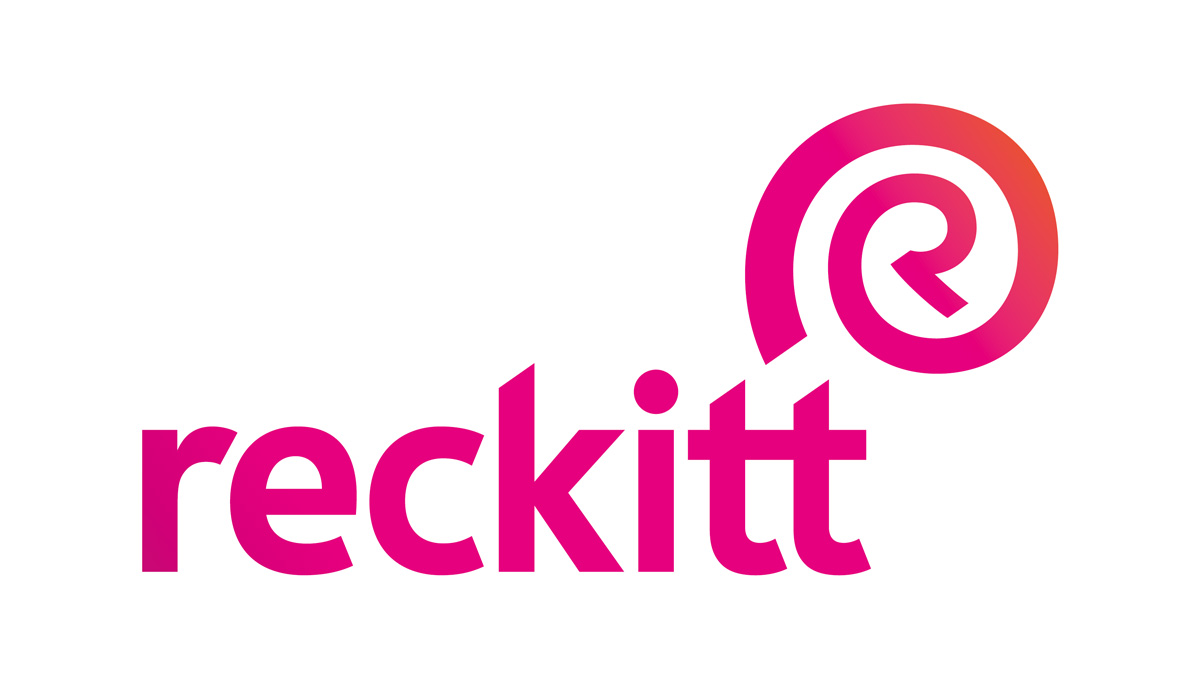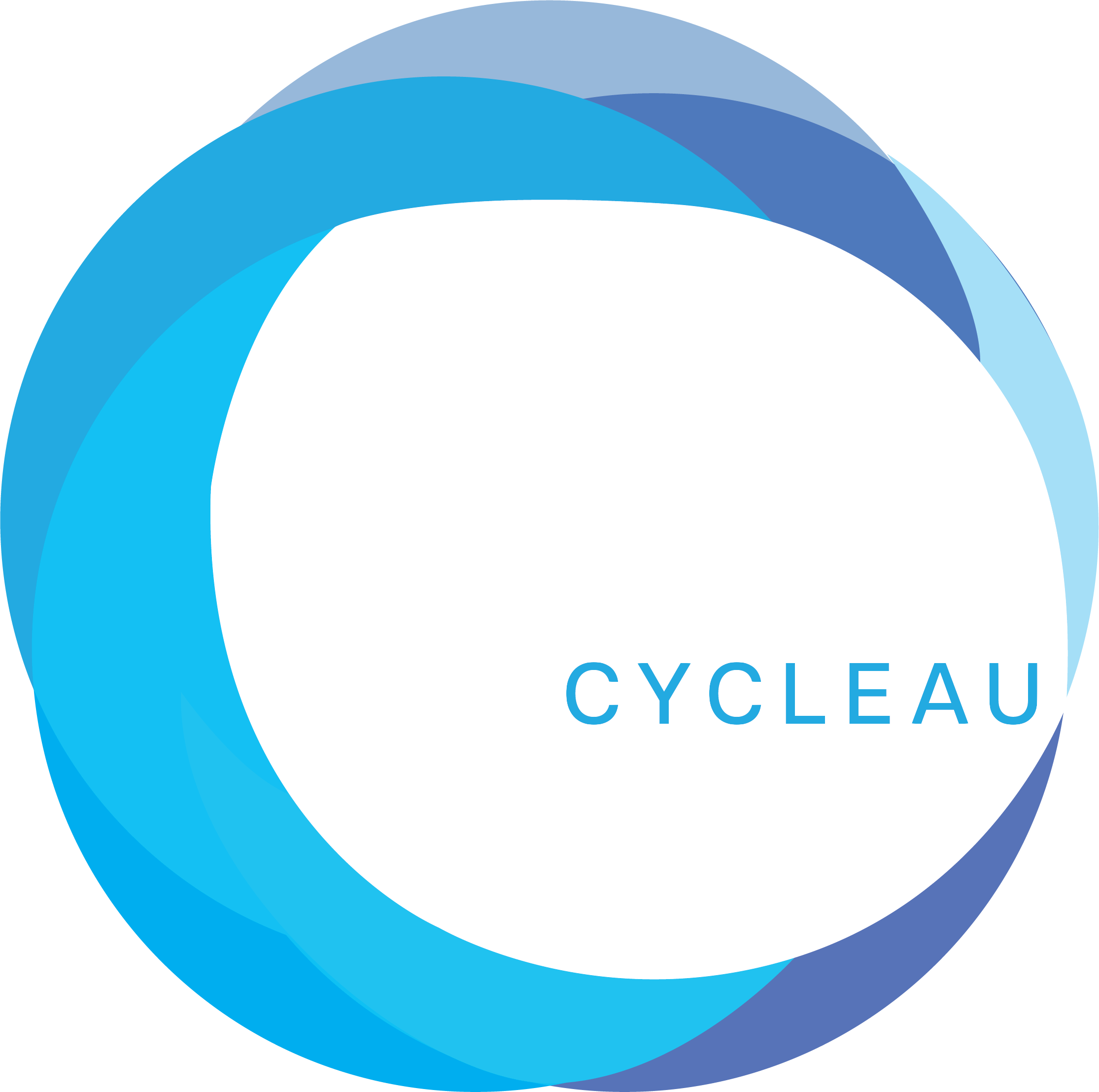The Challenge: How do we achieve universal access to clean water, sanitation, and hygiene by 2030?
Powered by:

The importance of water, sanitation and hygiene transcends time and geography—but even where this is explicitly recognized in policy, the needs of hundreds of millions of global citizens remain unmet. Latest data from UNICEF and WHO suggests, worldwide, 2.2 billion people still lack access to safe drinking water. Nearly half of the global population does not have access to safe sanitation, and two billion people do not have access to handwashing facilities with soap (1). Such limitations lead to wider spread of serious diseases such as diarrhoea and pneumonia, the top two killers of young children under 5 around the world.
Additionally, 673 million people still practice open defecation, and an estimated 367 million children attend a school with no sanitation facilities at all.
Meeting SDG6 targets by 2030 requires a 4 x increase in pace of progress.
Reckitt has time and again reinstated its commitment towards SDG 6 by working tirelessly with local communities, social enterprises, government, NGOs and various charitable organizations around the world to improve access to clean water, sanitation and hygiene. Dettol’s Hygiene Quest has taught almost 2 million children about the importance of handwashing resulting in over 8,000 more days at school because of reduced illness. Through Reckitt’s partnership with Water.org, over 1.8 million people have been provided with loans so they can plan and build their own taps and toilets.
The focus of this challenge is not limited to providing equitable basic sanitation and hygiene facilities but to also creating a sustainable ecosystem that ensures, year after year, continuous development and increasing awareness. Reckitt believes social business has a powerful role to play in solving the world’s greatest problems, where investment lives over and over again through income generating models that make solutions truly sustainable and long term. Through this, Reckitt wants to work as a catalyst, supporting pioneering solutions to scale.
Reckitt is proud to have supported the Lead2030 SDG6 challenge since 2019, working in partnership with 3 outstanding social entrepreneurs with innovative approaches to tackling SDG6. Reckitt wants to continue to build on this success in 2024, by supporting innovations that create measurable impact by enabling access to clean water, sanitation or hygiene, and are particularly interested in innovations with a focus on children or women/girls.
About Cycleau

To combat challenges of tap water scarcity and contamination, Cycleau is a compact water treatment system that can be retrofitted under sinks, showers, and laundry units to treat greywater to drinking water. Greywater is processed using four stages of filtration, disinfection, and heat recovery to treat over 200 contaminants. When installed in buildings, Cycleau can reduce building water footprints by up to 80% while reducing the energy footprint of building water utilities by 34%. Our patent-pending technology utilizes a four-stage wastewater treatment system involving sediment filtration, membrane filtration, UV irradiation, and drain water heat recovery within a compact enclosure measuring one foot by one foot by two feet. When compared to conventional greywater reuse systems, Cycleau reduces installation costs by up to 93% and maintenance costs by up to 80%. Our solution is priced at $350 per unit, with annual maintenance costs ranging from $50 - $100 for filter replacement.